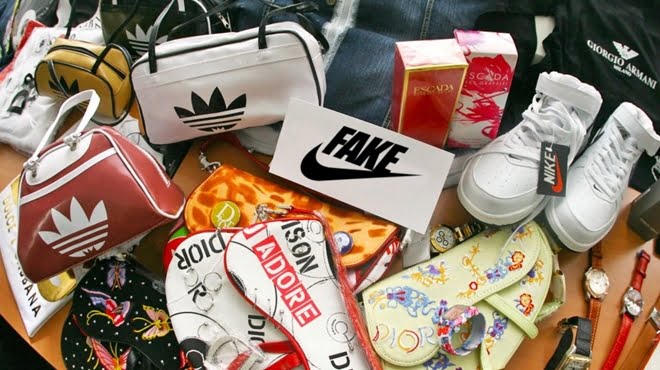South Africa needs to stand up and fight the problem of counterfeit goods as it has the potential to destroy the economy and lead to unemployment in the country, Paul Ramara, a partner at Spoor & Fisher has warned.
Ramara said this week the counterfeited goods were no longer limited to one industry such as the clothing industry, but it has now spread to include a number of sectors.
Counterfeiting was once viewed by many as a problem limited to purveyors of high-end luxury goods, but today counterfeiting has become a multi-billion dollar criminal activity that affects almost every industry.
“Any recognisable brand is at risk of being counterfeited, from clothing, music to pharmaceuticals and even automotive parts. In automotive, there are no parts that are immune, as counterfeited parts tend to be the most frequently replaced parts like brake pads, spark plugs and bearings,” he said.
The industry estimates that thousands of counterfeit auto parts flow into the country every year. Only a fraction of them are ever detected by customs and even less now in the age of e-commerce.
As recently as this week the police said three men were arrested in the north of Pretoria after they were found in possession of a substantial amount of suspected counterfeit bank notes that resembled US dollars and South African rands .
However, the police did not disclosed the value of the counterfeited banknotes.
Lukhanyo Vapi, an applications engineer at Schaeffler, said this was a widespread problem in South Africa at the moment and the culprits were targeting big cities like Durban, Cape Town and Johannesburg.
“They find it easier to gain access for their counterfeit goods in Cape Town and Durban because of the access to the harbour of the cities,” Vapi said.
Vapi said in Durban recently a raid was conducted whereby R141 000 worth of counterfeited goods were confiscated by the authorities.
“We might have been able to catch one operation but we know that there are many illegal activities out there,” he said.
Durban holds significance as the port city is a popular entry point for goods intended for sale in Southern Africa. Ramara said the problem lay in the fact that for 2 000 containers that landed in Durban, only 5 percent were searched.
Vapi also said earlier this year R2.3 million worth of counterfeit bearings were seized in Johannesburg and then destroyed.
Ramara added that the problem with counterfeits was that they always had a market because they were cheaper than the original brands.
“Consumer sometimes buy the counterfeit goods because they are cheaper. However, they lose out because these goods don’t last for long as they need to be replaced soon.
Ramara said most of the counterfeited goods came from China and India.
“We plead to the consumers not to buy these goods as these syndicates don’t pay tax to the government. They also destroy local sectors and this leads to unemployment,” he said.
BusinessReport
